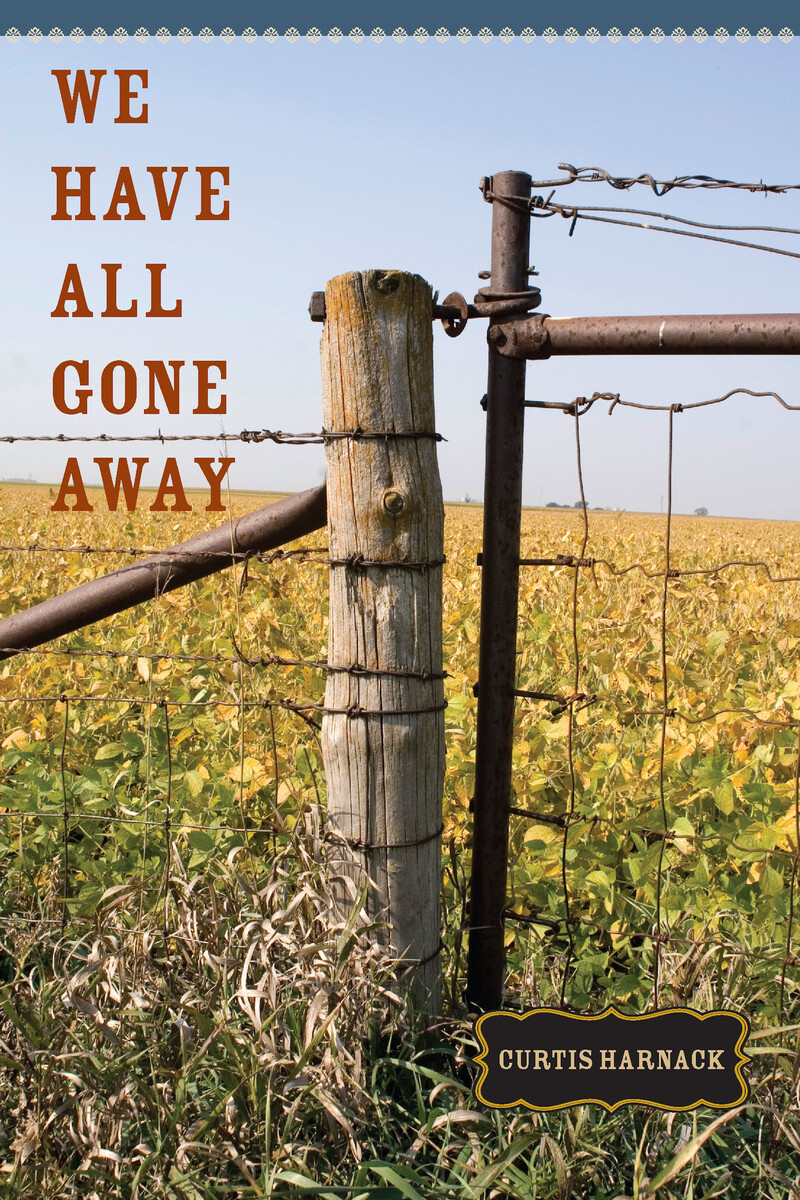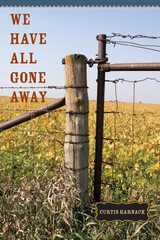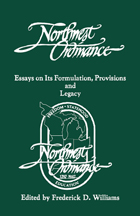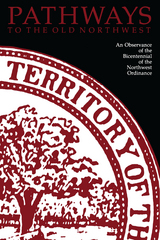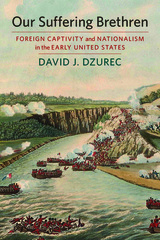We Have All Gone Away
University of Iowa Press, 1973
eISBN: 978-1-58729-970-4 | Paper: 978-1-58729-969-8
Library of Congress Classification E302.6.F8F844 2011
Dewey Decimal Classification 973.3092
eISBN: 978-1-58729-970-4 | Paper: 978-1-58729-969-8
Library of Congress Classification E302.6.F8F844 2011
Dewey Decimal Classification 973.3092
ABOUT THIS BOOK | AUTHOR BIOGRAPHY | REVIEWS | TOC | REQUEST ACCESSIBLE FILE
ABOUT THIS BOOK
In We Have All Gone Away, his emotionally moving memoir, Curtis Harnack tells of growing up during the Great Depression on an Iowa farm among six siblings and an extended family of relatives. With a directness and a beauty that recall Thoreau, Harnack balances a child’s impressions with the knowledge of an adult looking back to produce what Publishers Weekly called “a country plum of a book, written with genuine affection and vivid recall.”
In a community related by blood and harvest, rural life could be bountiful even when hard economic times threatened. The adults urged children to become educated and to keep an eye on tomorrow. “We were all taught to lean enthusiastically into the future,” Harnack recalls, which would likely be elsewhere, in distant cities. At the same time, the children were cultivating a resiliency that would serve them well in the unknown world of the second half of the twentieth century.
Inevitably, the Midwest’s small, diversified family farm gave way to large-scale agriculture, which soon changed the former intimate way of life. “Our generation, using the mulched dead matter of agrarian life like projectile fuel for our thrust into the future, became part of that enormous vitality springing out of rural America,” notes Harnack. Both funny and elegiac, We Have All Gone Away is a masterful memoir of the joys and sorrows of Iowa farm life at mid-century, a world now gone “by way of learning, wars, and marriage” but still a lasting part of America’s heritage.
See other books on: Childhood and youth | Farm life | Friends and associates | Iowa | Statesmen
See other titles from University of Iowa Press
